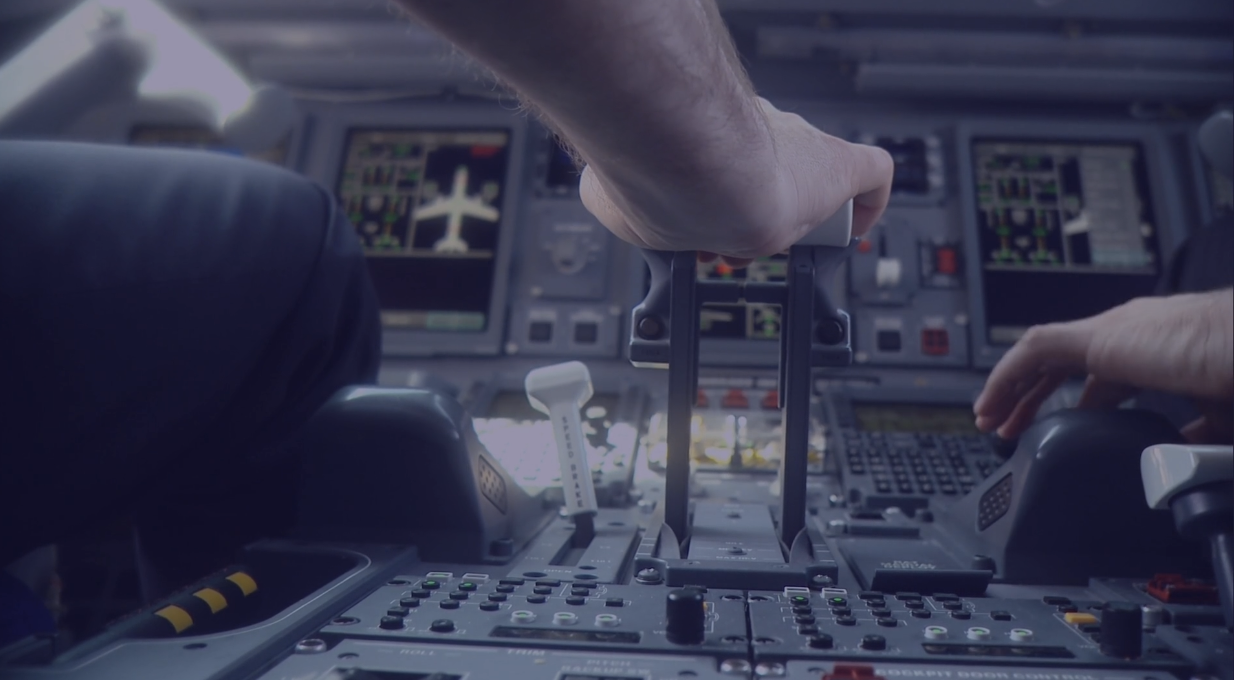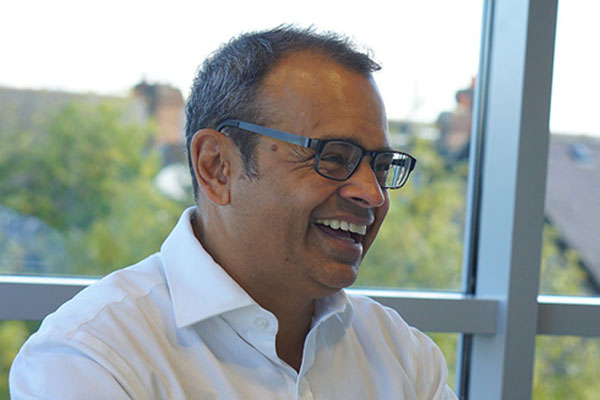When we launched Trstpays earlier this year, we couldn’t have envisaged what 2020 would look like! We were thrilled to be selected to join the innovation programme, and WAF has provided the perfect opportunity to reflect on the year, and more importantly to plan for growth in 2021.
Let’s start with the bad news. According to a chart shared by Theirry Stucker, Industry Payment Programs Director at IATA, cash may run out for some airlines during the tough winter season, with the median airline holding just over 6 months of reserves. Despite this, the mood was positive, focussing not on what we stand to lose, but what can be gained as Covid-19 presses a giant reset-button for the industry.
As you’d expect, there was much discussion around opening borders, testing programmes and new rules and regulations to prevent the spread of Covid-19. But what else did we learn from our colleagues?
YES, IMPROVING CASHFLOW IS VITAL, BUT HOW THIS IS ACHIEVED IS EQUALLY IMPORTANT
Although there is a delicate balance needed, making necessary cost reductions—through measures such as staff reductions—does not seem to have stopped airlines moving forwards.
Some airlines are diversifying their offerings. There was an amazing example from Karen Chan, CEO at AirAsia.com showcasing multiple new revenue streams, including working with local businesses making the move to e-commerce. Meanwhile, other airlines are taking the opportunity to improve internal processes and investing in the customer journey. A prime example being the “Survive, Revive and Thrive plan” outlined by Jennifer Sepull, CDO at Air New Zealand.
Although state-aid and other injections have greatly improved the cash position of many airlines, many took issue with the inequalities of support. Moreover, it was highlighted that improvements in cashflow must be sustainable. With Johan Lundgren, CEO at easyJet highlighting the importance of being in a strong position coming out of the pandemic and raising concerns about the long-term implications of the debt being taken on across the industry.
AIRLINES NEED A MULTI-ACQUIRER STRATEGY
A multi-acquirer strategy is a sensible approach even in ‘normal’ times. In times of uncertainty, where many airlines see knee-jerk reactions from acquirers increasing collateral requirements, it makes sense to spread risk.
Stephane Druet, SVP, Product and Marketing at Cellpoint Digital highlighted that “The liability of the acquirers is more exposed by more uncertainty. . . . What will happen is the acquirers will try to basically spread the risk . . . airlines will be forced to have multiple acquirers.”
This message was echoed by Simon Chandramani, VP, Sales EU Acquiring at Paysafe, one of our partner acquirers: “In turbulent times, some payments providers will exit risky sectors altogether. Others may change their terms; demanding more and more security – even when a business is perfectly creditworthy”. Paysafe takes a new approach by working with Trstpays – reducing risk for all parties using our trust model.
CONSUMER CONFIDENCE IS KEY
Along with measures to prevent the spread of Covid-19, protecting consumer funds was referenced by many speakers as a primary driver of consumer confidence. There are several ways to achieve this, whether in the form of mechanisms such as trust ATOLs or improving ticket flexibility.
There are many different approaches to flexibility. As well as the ability to change dates, or even offering a ticket for unlimited travel, some airlines will want to provide consumers with the ability to pay in instalments.
We were interested to hear from Greg Fisher, CMO at Affirm, a ‘buy-now, pay-later’ provider. Greg told us that millennials account for much of the resurgence of travel spend, and Affirm’s research showed that “30% of those who have already booked their plans are still intending to go . . . nearly 70% of those, haven’t booked their travel yet”. Certainly, an indicator that there are still sales to be captured!
THE INDUSTRY WILL EMERGE STRONGER
Development and innovation was a common theme among airline CEOs. Paul van Alfen, MD of Up in the Air Travel Payment Consultancy, hosted a panel session looking at the impact on the travel payment value chain, and it was clear there had been many developments expedited in 2020.
Ivy Chang, Payments Platform Manager at Cathay Pacific painted an incredibly positive picture of projects which will “pave the way for long-term success”. There was also a positive story from China where domestic travel has largely recovered. Jane Jue Sun, CEO at Trip.com said: “. . . for companies [that are] well prepared with [a] strong balance sheet, they would be able to do very well to weather the storm, and going forward I believe demand is strong, particularly in China.”
About Trstpays
Trstpays was founded on the belief that the airline and travel industries are currently underserved by the payments industry. The travel sector has supported much of the innovation in payments; from hotel credit cards in the 1920s to the Air Travel Card launched in the 1930s. True trailblazers. However, in the last 100 years, the payments ecosystem has not developed to serve these industries well, and at Trstpays we think it’s payback time!
We are the only trust solution provider with proven experience reducing collateral requirements, accelerating settlement, and improving cashflow and margins for airlines.
We use a financial trust and a database of bookings to release funds to you an agreed number of days before the customer receives your services. We keep your payments provider happy with your credit risk and you get paid without the usual hassle of collateral or rolling reserves. And because payments providers trust us to manage the service, they can offer you improved terms.
The Trstpays team comprises payments-industry, ATOL-trust and travel-sector veterans who have combined their front-line experience to deliver a unique first for the industry.
Did Trstpays launch at the worst possible time? Or the best? Answers on a postcard (or use our Contact Us page!).



